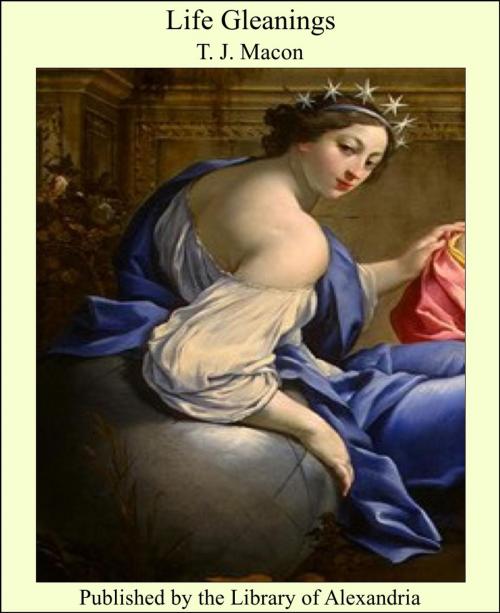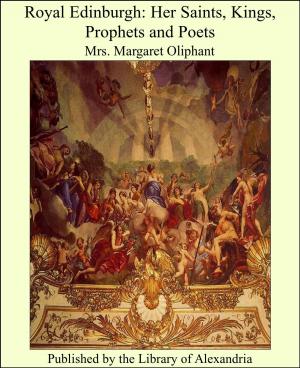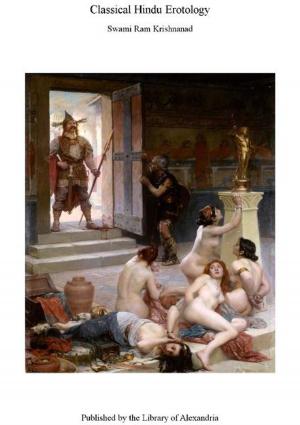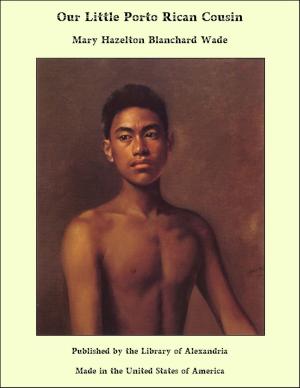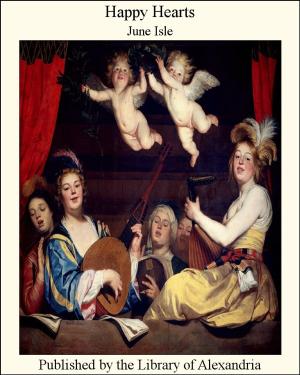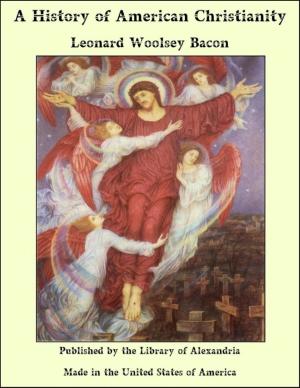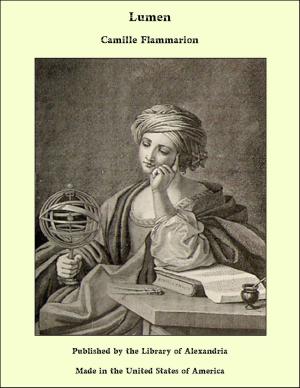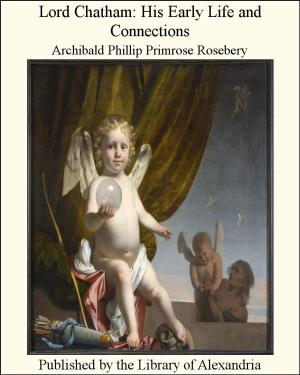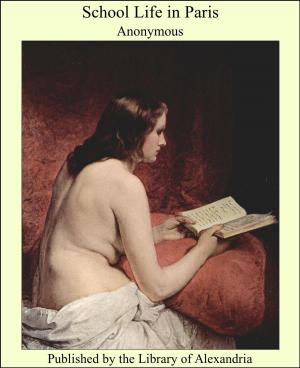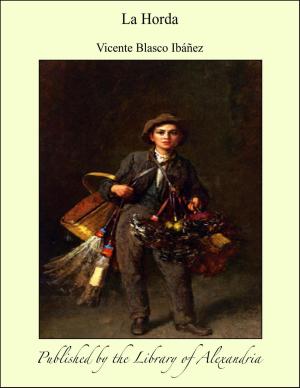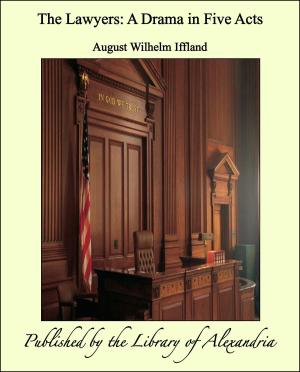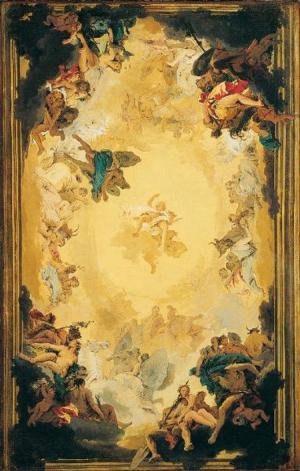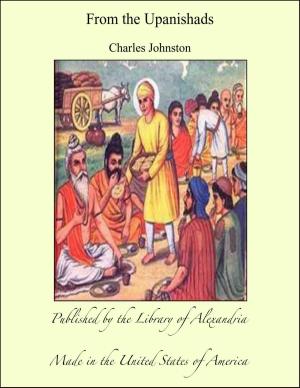| Author: | T. J. Macon | ISBN: | 9781465514639 |
| Publisher: | Library of Alexandria | Publication: | March 8, 2015 |
| Imprint: | Language: | English |
| Author: | T. J. Macon |
| ISBN: | 9781465514639 |
| Publisher: | Library of Alexandria |
| Publication: | March 8, 2015 |
| Imprint: | |
| Language: | English |
At the time I am writing about, the life of the Virginia farmer was one to be much desired, for he was a baron in his realm, was lord of all he surveyed, and yielded no obeisance to any one, but to his Maker and his country. The dark shadows of coming dire events had not then cast their war-like omens ahead. The question of the Missouri Compromise, the admission of Kansas into the sisterhood of the States under the Lecompton Convention, the decision in the Dred Scott case, the political issues and measures which were the precursors of the great war between the States had not yet reached Congress. Everything that could render life pleasant was vouchsafed the country gentleman and planter, and his family about three-quarters of a century ago. What was to happen in the near future no one at this early period could Cassandra-like predict, and yet there was in the political horizon a small pillar of portentous appearance, which was destined to cover the whole heavens with gloom and bring death to thousands of peaceful citizens in this country, through the clash of arms and fratricidal strife in which brothers were arrayed against brothers, and fathers against sons. My father was an old line Whig and believed in the theory of government advocated by Alexander Hamilton, yet he recognized the autonomy of the States and approved some of the tenets of Mr. Thomas Jefferson, but did not agree with him generally, being in favor of a strong central government at Washington, though disagreeing with the extremists of both sections. Being a close student of the political history of our country he subscribed to, and carefully read every page of, the National Intelligencer, owned and published by the Seaton brothers, which was the best exponent of the legislation of the time that has ever been issued; the editorials were clear and forcible and the reports of the debates in Congress were correct and complete. The political disputes on the floor of Congress began to be warm, and indeed acrimonious between the Northern and Southern members, which brought out the great efforts for peace of Henry Clay, of Kentucky, and prevented at that time a clash of arms between the sections. The admission of Kansas into the Union under the Lecompton Convention was but a link in the chain of events leading to the great Civil War. Well do I recall my respected parent’s remark that the trend of the speeches by the Free-Soil, or Abolition, party in the North and those of the Secessionists of the South, would certainly bring about a disruption of the United States if persisted in; and alas! his children lived to see his remark verified in the year 1861
At the time I am writing about, the life of the Virginia farmer was one to be much desired, for he was a baron in his realm, was lord of all he surveyed, and yielded no obeisance to any one, but to his Maker and his country. The dark shadows of coming dire events had not then cast their war-like omens ahead. The question of the Missouri Compromise, the admission of Kansas into the sisterhood of the States under the Lecompton Convention, the decision in the Dred Scott case, the political issues and measures which were the precursors of the great war between the States had not yet reached Congress. Everything that could render life pleasant was vouchsafed the country gentleman and planter, and his family about three-quarters of a century ago. What was to happen in the near future no one at this early period could Cassandra-like predict, and yet there was in the political horizon a small pillar of portentous appearance, which was destined to cover the whole heavens with gloom and bring death to thousands of peaceful citizens in this country, through the clash of arms and fratricidal strife in which brothers were arrayed against brothers, and fathers against sons. My father was an old line Whig and believed in the theory of government advocated by Alexander Hamilton, yet he recognized the autonomy of the States and approved some of the tenets of Mr. Thomas Jefferson, but did not agree with him generally, being in favor of a strong central government at Washington, though disagreeing with the extremists of both sections. Being a close student of the political history of our country he subscribed to, and carefully read every page of, the National Intelligencer, owned and published by the Seaton brothers, which was the best exponent of the legislation of the time that has ever been issued; the editorials were clear and forcible and the reports of the debates in Congress were correct and complete. The political disputes on the floor of Congress began to be warm, and indeed acrimonious between the Northern and Southern members, which brought out the great efforts for peace of Henry Clay, of Kentucky, and prevented at that time a clash of arms between the sections. The admission of Kansas into the Union under the Lecompton Convention was but a link in the chain of events leading to the great Civil War. Well do I recall my respected parent’s remark that the trend of the speeches by the Free-Soil, or Abolition, party in the North and those of the Secessionists of the South, would certainly bring about a disruption of the United States if persisted in; and alas! his children lived to see his remark verified in the year 1861
